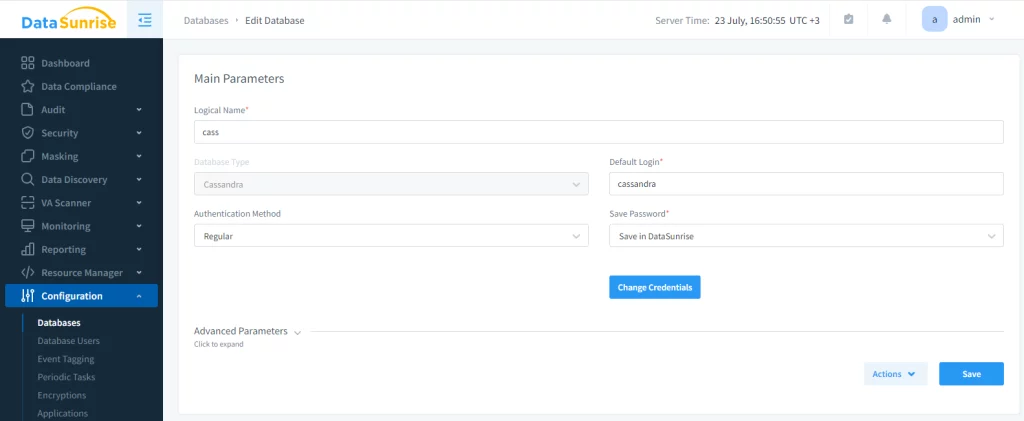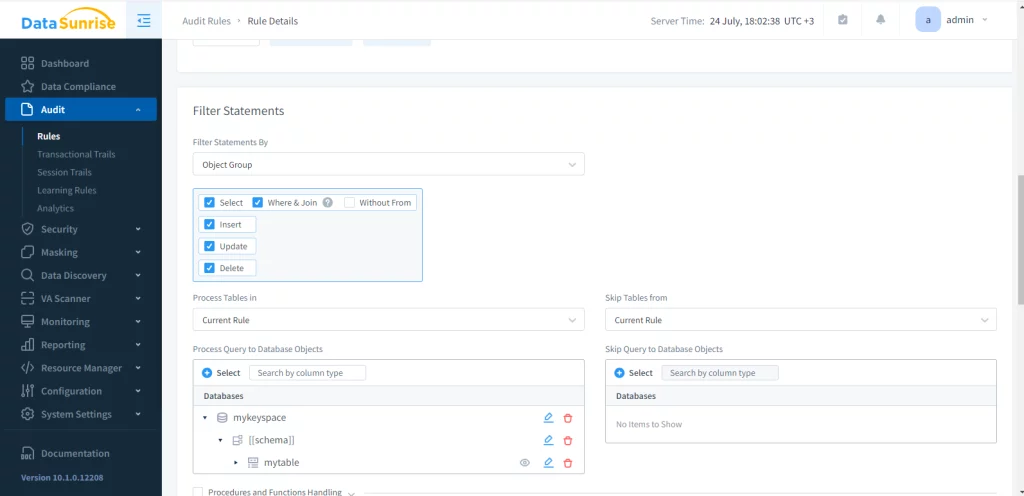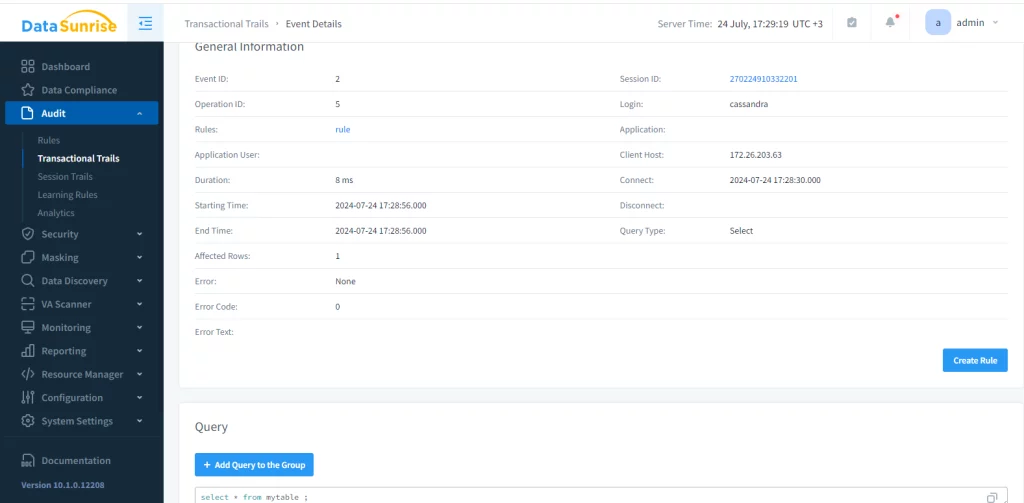
Enhancing Data Security and Compliance with Apache Cassandra Database Auditing

Apache Cassandra is a powerful, distributed database system used by many organizations worldwide. As businesses rely more on digital information, the need for robust database auditing becomes crucial. Database audit in Apache Cassandra helps organizations track user activities, monitor data changes, and ensure compliance with various regulations. This article explores the importance of database auditing in Cassandra and provides practical insights into implementing effective audit strategies.
Why Database Audit Matters for Cassandra Users
Database auditing in Apache Cassandra plays a vital role in maintaining the security and integrity of your data. It allows you to track who accessed your database, what changes they made, and when these actions occurred. This information is invaluable for detecting unauthorized access, investigating security breaches, and meeting regulatory requirements.
A thorough audit system helps protect your sensitive information and maintain trust with customers and stakeholders. It ensures that your information is secure and helps build confidence in your business. Regular audits can also help identify and address any vulnerabilities or risks in your systems.
This proactive approach can help prevent data breaches and other security incidents. Maintaining trust with your customers and stakeholders is crucial for the success of your business.
Key Features of Apache Cassandra Audit
Apache Cassandra offers several built-in features that support database auditing. These include system logs, which capture various database events, and the ability to track data modifications through timestamps. However, for more advanced auditing capabilities, you may need to utilize additional tools or custom solutions. Some key features of database audit in Apache Cassandra include user activity tracking, query logging, and data change monitoring.
Implementing Database Audit in Apache Cassandra
To set up database audit in Apache Cassandra, you’ll need to follow several steps. First, enable audit logging in your Cassandra configuration file.
This involves specifying the audit log location and the types of events you want to capture. Next, configure your Cassandra cluster to use authentication and authorization, which allows you to track user-specific activities. Lastly, set up a system to gather and review the audit logs using either Cassandra’s built-in tools or third-party options.
Let’s imagine we need to set up auditing for a certain table. The query we want to be captured is:
To implement it using native Cassandra resources, one would need to:
- Manually write code for triggers
- Turn on Change Data Capture and decode the logs it generates
- Use CQL Querying, which provides the bare minimum of information.
A much easier and more secure way to audit your Cassandra database is to implement Datasunrise. To do it, consider the following approaches:
Set up an Apache Cassandra instance through the Configuration menu.

Now all that’s left is to just specify an audit rule in the corresponding section. Define clear objectives, configure the access controls and set up scheduled reports for the auditing, as shown below.

Then, after executing the query, the audit trails will be shown in the corresponding menu. The result would look like this in Transactional trails:

Best Practices for Apache Cassandra Database Audit
When implementing database audit in Apache Cassandra, it’s important to follow best practices to ensure effectiveness and efficiency. Start by clearly defining your audit objectives and identifying the specific events and data you need to track.
Regularly review and analyze your audit logs to identify potential security issues or unusual patterns. Implement a retention policy for your audit data to manage storage costs while meeting compliance requirements. Lastly, ensure that your audit system itself is secure and protected from tampering.
Challenges in Apache Cassandra Database Auditing
While database audit in Apache Cassandra offers many benefits, it also comes with challenges. One major concern is the potential performance impact of extensive auditing on your database operations. To address this, carefully balance your auditing needs with performance requirements.
Another challenge is managing the volume of audit data generated, especially in large Cassandra clusters. Implement effective data compression and archiving strategies to handle this issue.
Real-World Examples of Cassandra Audit
Many organizations use Apache Cassandra database audit to enhance their security and compliance efforts. A large online store can use Cassandra auditing to track changes in customer orders. This helps them investigate any discrepancies and ensure the security of their transactions. A healthcare provider could implement Cassandra database audit to monitor access to patient records, ensuring compliance with privacy regulations and protecting sensitive medical information.
Advanced Techniques for Apache Cassandra Database Audit
To enhance your Apache Cassandra database audit capabilities, consider implementing advanced techniques. One approach is to use custom triggers to capture specific data changes in real-time. One way to get better is by using a centralized log management system. This system helps gather and review audit data from different Cassandra nodes.
You can use machine learning algorithms to detect unusual activity in your audit logs. This can help you identify security threats more quickly.
The Future of Audit in Apache Cassandra
As Apache Cassandra continues to evolve, we can expect to see advancements in its database audit capabilities. Future updates may have more detailed auditing choices, faster performance for audit logging, and improved compatibility with SIEM systems. Additionally, we might see the development of specialized audit tools designed specifically for Cassandra, making it easier for organizations to implement comprehensive auditing solutions.
Conclusion
Auditing their database in Apache Cassandra is important for organizations. This helps protect their data, comply with regulations, and maintain user trust. By implementing robust auditing strategies, you can gain valuable insights into database activities, detect potential security threats, and demonstrate your commitment to data protection.
As you grow your Cassandra database, remember that auditing needs regular review and improvement for effectiveness. By auditing your database properly, you can improve your Apache Cassandra system and effectively handle your important data.
Datasunrise provides users with a much easier way to audit data in your Apache Cassandra database. To learn more, contact our team of experts and learn about everything Datasunrise has to offer.
